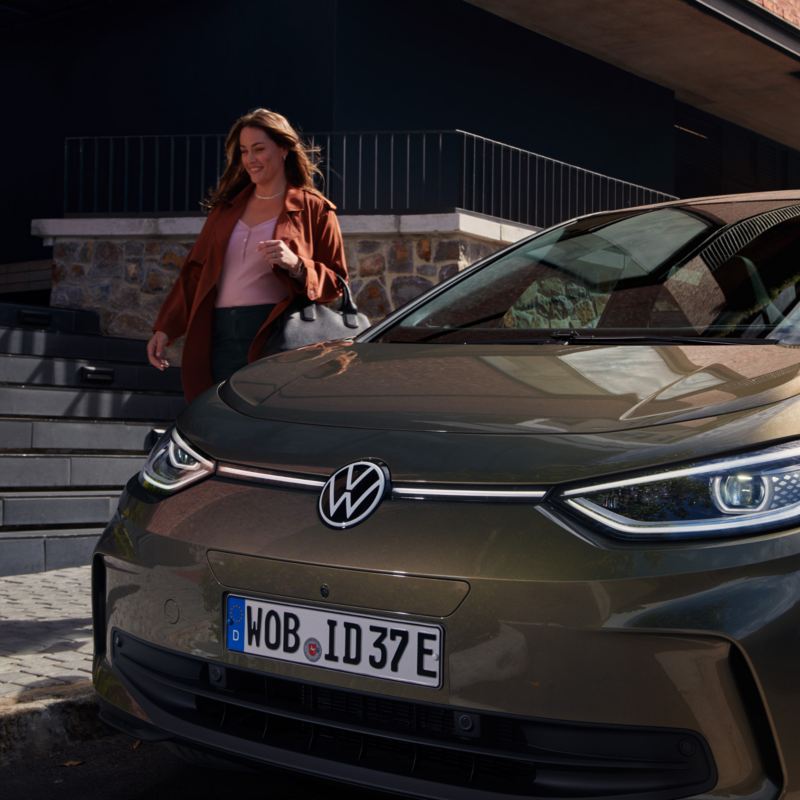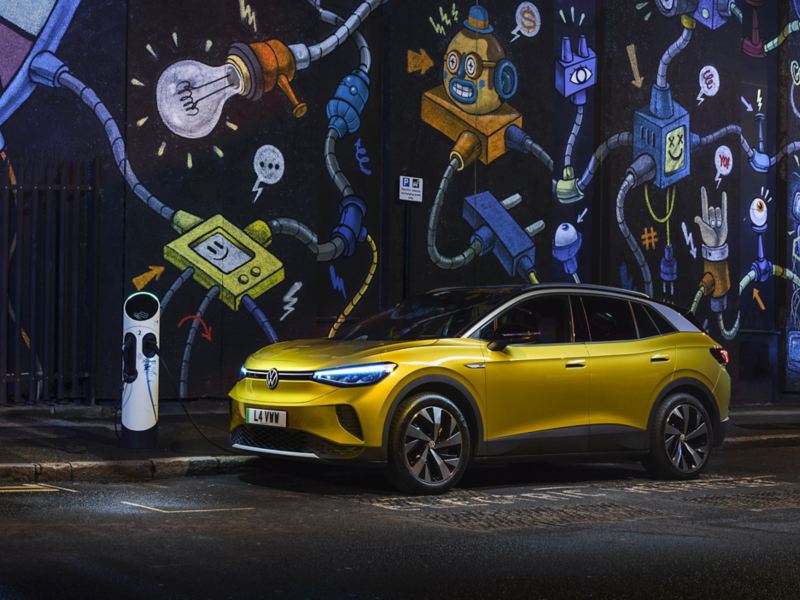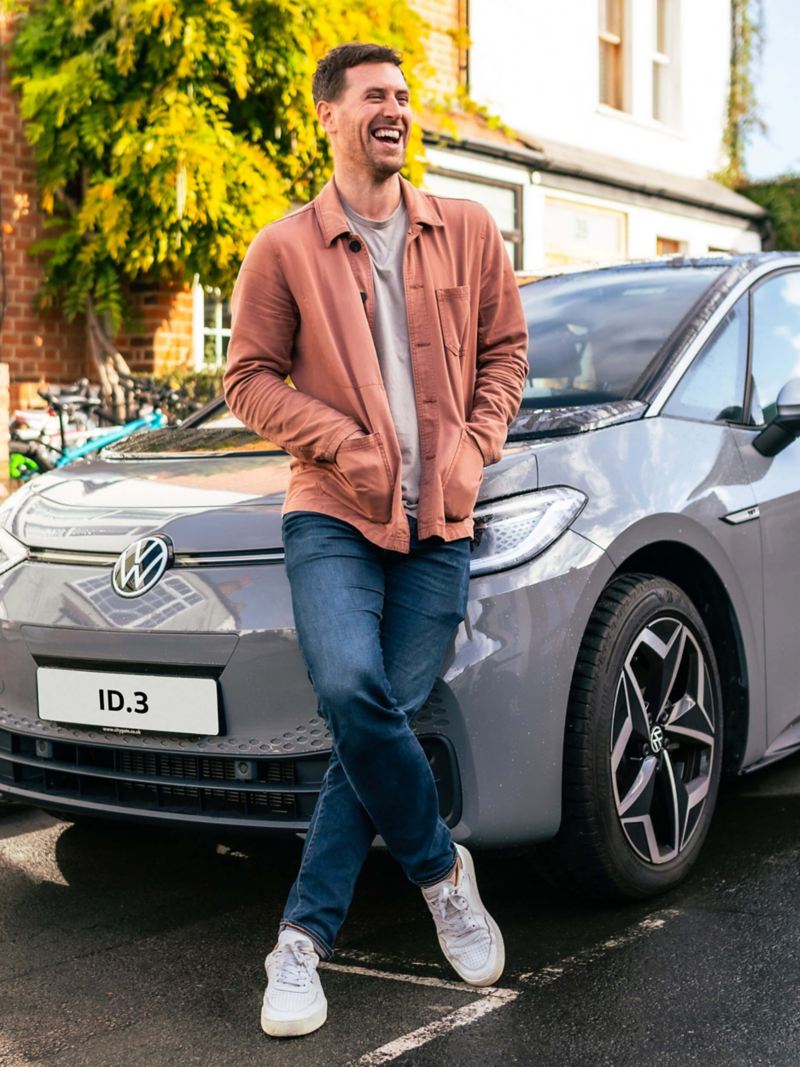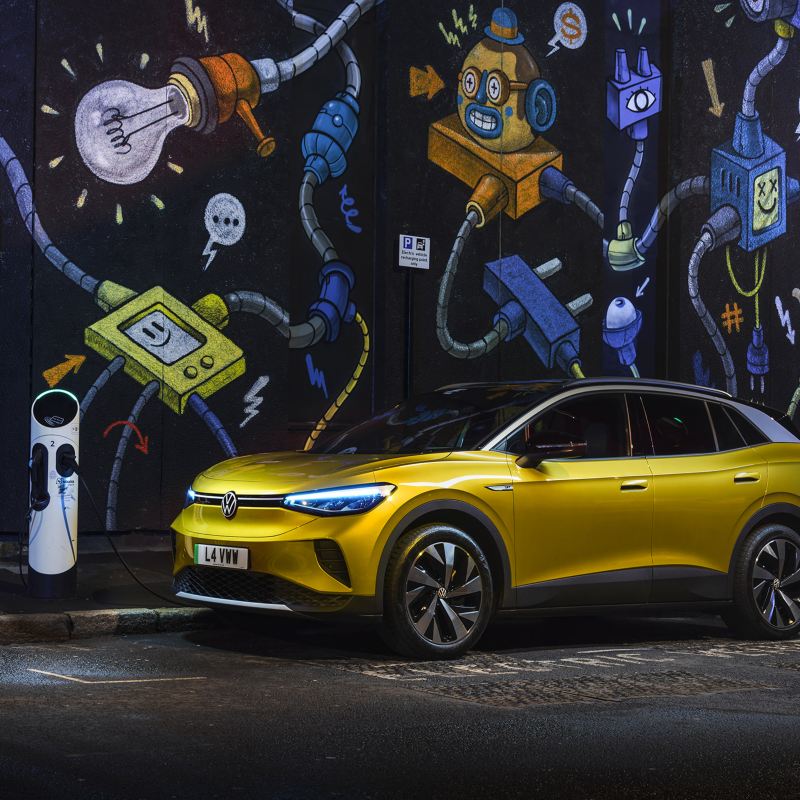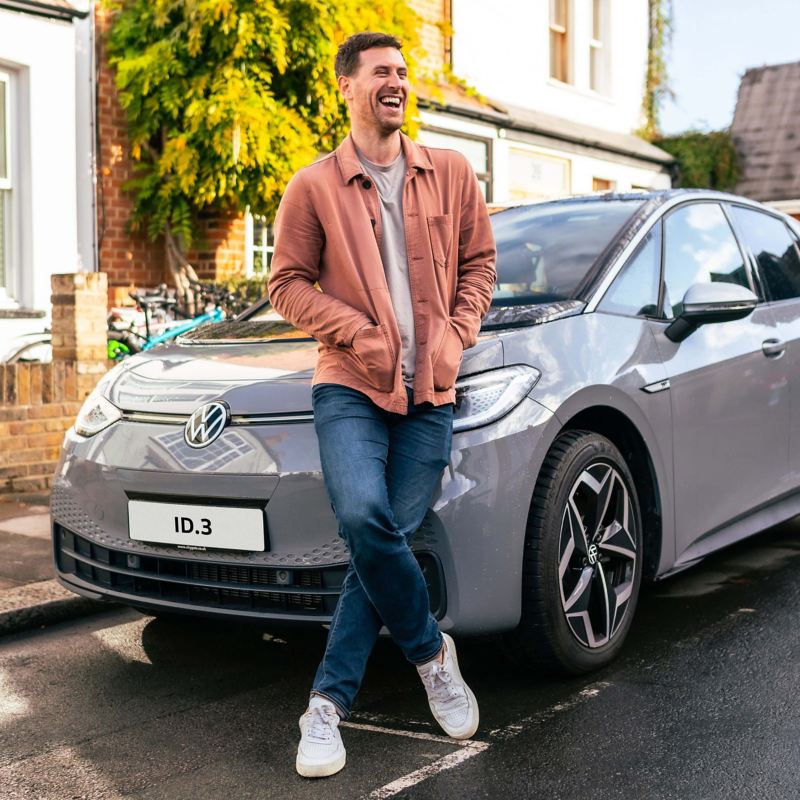Energy transition: full speed ahead for renewables
Everyone’s talking about the energy transition. But what actually counts as renewable energy? And what role does it play in electric mobility? Here's an overview.
Find out more about renewable energy sources here:
- Around 81 percent of all the energy produced worldwide comes from fossil fuels.
- In 2020, electricity generated from renewable sources overtook the amount generated from fossil fuels (coal, gas and oil) for the first time.
- Volkswagen is investing €40 million in the expansion of wind and solar farms in Europe by 2025.
- Traffic (by air, sea, rail and road) is responsible for nearly 26 percent of overall CO2 emissions in the EU. Electric mobility therefore plays a vital role in the energy transition.
Renewable energy
Around two-thirds of the greenhouse gas emissions generated by people are produced in connection with the burning of fossil fuels, such as coal, oil and gas. And energy use is the greatest source of climate-damaging greenhouse gases, by some margin.
Although it has been known for a long time that global warming could only be limited by an energy transition, the proportion of renewable energy used worldwide is still relatively small. According to a study by the World Economic Forum, in 2018 around 81 percent of the energy used worldwide came from fossil fuels.
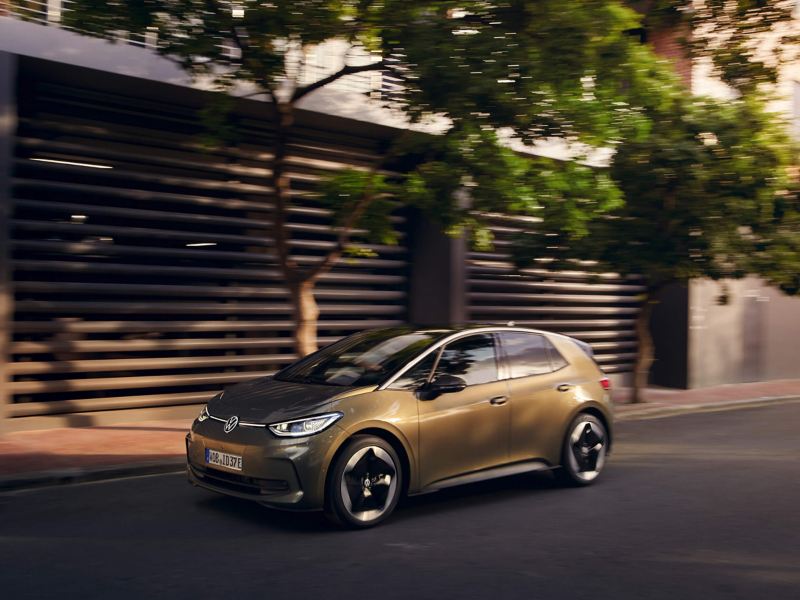
...electricity generated from renewables exceeded that produced from fossil fuels for the first time in 2020.
So, there is still a great deal to do where the energy transition and decarbonisation are concerned. There are positive examples,for example in Germany, the growing use of renewable energy is slowly displacing fossil energy sources. Things look especially possible in the electricity sector. Here, the share of renewable energy in gross electricity consumption has more than doubled over the last ten years. In 2020, it was already at 45.3 percent. Therefore, electricity generated from renewables exceeded that produced from fossil fuels for the first time in 2020.
But what actually counts as renewable energy? And what are the advantages and disadvantages of the different sources? Here are three of our most important hopefuls.
Biomass: Energy from renewable organic material
Biomass is also considered the most versatile of the renewable energy candidates. And with good reason, as this renewable organic material can be used to provide electricity, heat and fuel. In addition, energy from biomass is good for storing and is therefore available around the clock. To produce it, organic materials, such as wood, crops, plants, excrement, and other residues from agriculture and forestry, are fermented or digested in modern biomass or biogas plants.
The resulting biomass can then be used as a solid, liquid or gas to produce heat and electricity. Biomass is also used to create biofuel. Due to its versatility in all sectors, biomass is still the most important source of renewable energy. In Germany, 52 percent of final renewable energy comes from biomass.
The disadvantage of biogas and biomass is that space is limited for the long-term cultivation of energy crops, and its production is therefore in competition with the growing of food crops.
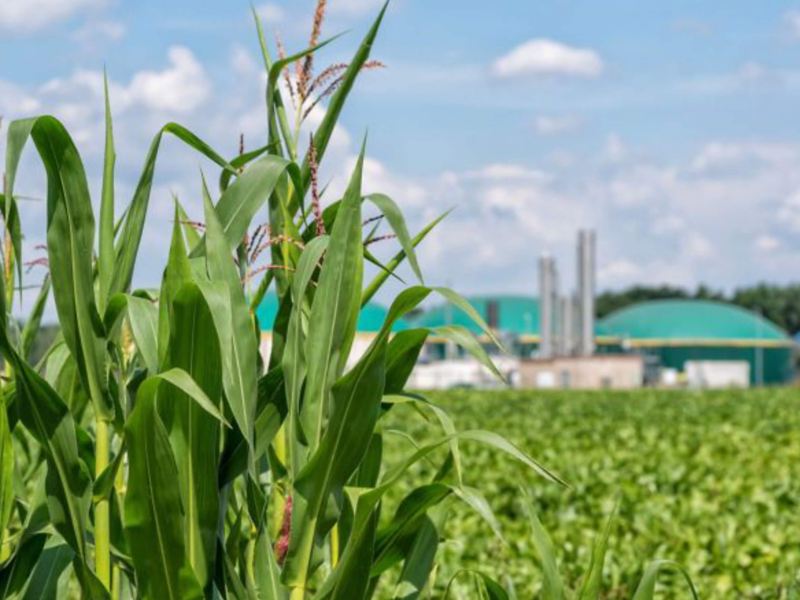

Wind power: clean and available for the long term
Wind power takes on a key role in the energy transition, because it offers many advantages. In general, wind is limitlessly available – including at night. Furthermore, wind turbines are carbon negative after just a few months. In other words, within a short time they have produced more energy than the amount that has to be used for their production, operation and disposal. Experts see huge economic potential in the expansion of wind power for renewable energy in the short to medium term.
However, wind turbines can only produce electricity when the wind is blowing. Therefore, offshore wind farms are also used, and their electricity production may indeed fluctuate – as with onshore wind farms – but availability is better at sea. Typically, offshore wind turbines are larger, because space is not at such a premium unlike their onshore counterparts.
After all, the disadvantages of wind turbines are that they take up space, affect the landscape and produce light and noise. On the other hand, technical developments mean that these problems have been considerably reduced, compared with earlier turbine generations. Wind turbines are not a health hazard.
Solar panels (photovoltaic): Use of solar energy
Solar panels, or a photovoltaic system, are especially worthwhile for households with a high electricity consumption. (Image: Adobe Stock)
All over the world, the market for solar panels is growing at a tremendous rate. The financial viability of solar panels depends on three factors: the amount of energy produced by the solar panels installed, your own electricity consumption, and the times of day at which the electricity is used. If you are considering having solar panels installed, you should estimate how much electricity you will use on average in future – and at what time of day. In the end, a disadvantage of solar power is that, just like wind power, it isn’t constantly available. You may also need to invest in an energy storage system, or battery. But thanks to bidirectional charging, the battery of your electric car will be able to do this in future.
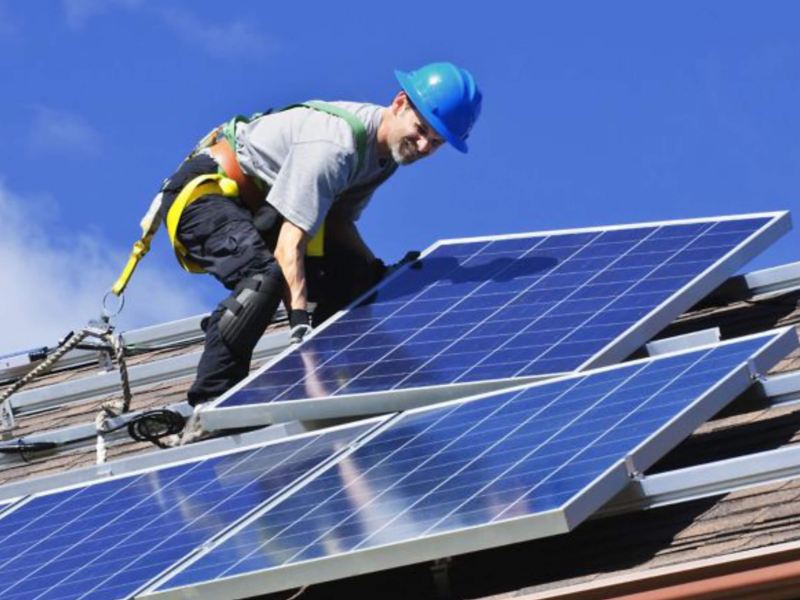
Volkswagen Group is the first car manufacturer to support the expansion of renewable energy sources on an industrial scale.
Volkswagen supports the expansion of wind and solar farms in Europe
Alongside the expansion of its all-electric ID. family, Volkswagen also wants to increase the availability of renewable energy. That’s why Volkswagen Group is the first car manufacturer to support the expansion of renewable energy sources on an industrial scale. By 2025, the Group will have invested €40 million in the expansion of European wind and solar farms. Among these is the largest project so far, in Skellefteå in northern Sweden. What’s more, a new solar plant in Mecklenburg-Vorpommern, will start feeding into the grid at the beginning of 2022. With around 420,000 solar modules, it is Germany’s biggest private solar project.
And by 2025, this will be followed by around 20 more green electricity projects in Spain, the UK and Finland, among others.
